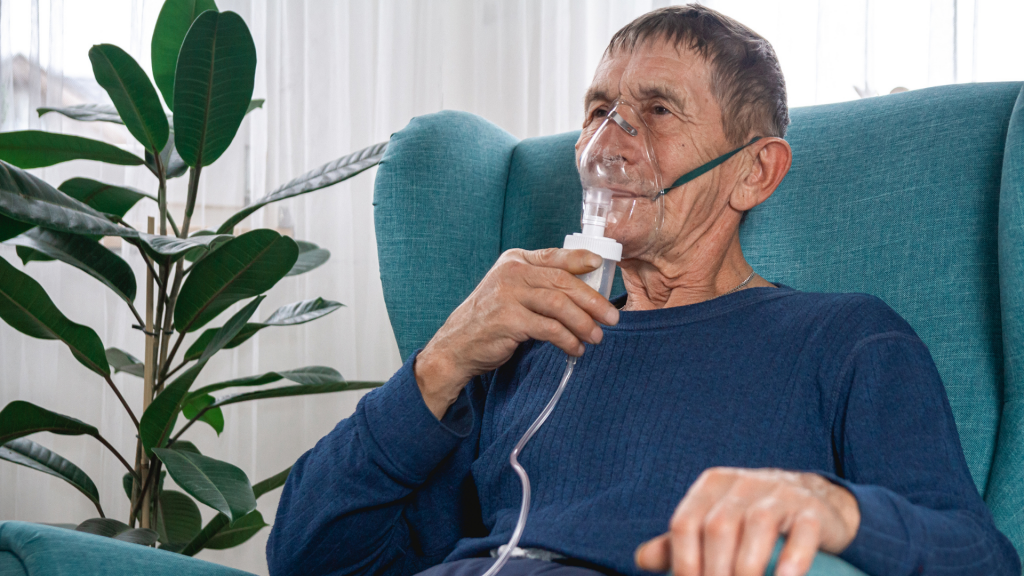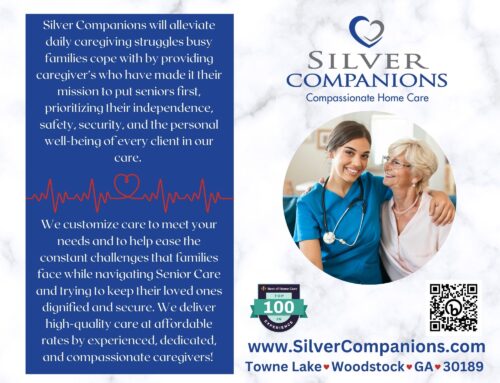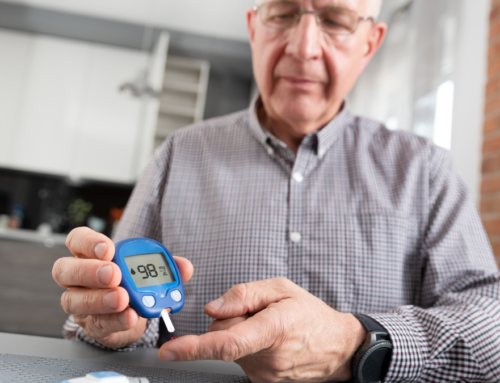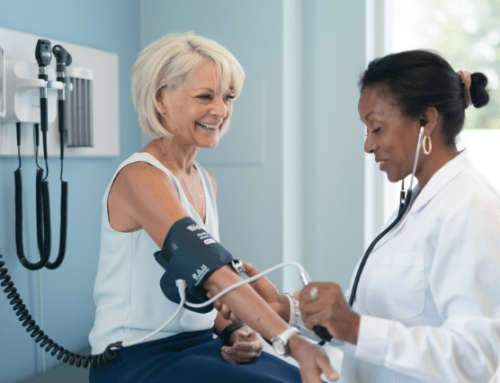
What to know about Lung Cancer in the Elderly
Lung cancer is the most common form of cancer in America. The majority of people diagnosed with lung cancer are over the age of 70 years old, and they tend to be more sensitive to the side effects associated with treatment.
While it may seem like a death sentence for someone who has lived to their golden years, some options can extend life expectancy and improve quality of life. If you or someone you know is elderly and is diagnosed with this disease, it’s important to understand what your options are so that you can make an informed decision about your next steps forward.
To learn more about lung cancer in the elderly, read on!
What is Lung Cancer
Lung cancer is a disease that affects the lungs and has been ranked as one of mankind’s most painful to die from. It can be difficult for people in this age group because it’s often diagnosed at an advanced stage when chemotherapy or radiation therapy would not provide enough relief, hence the reason lung cancer tends to be more painful for this age group.
When lung cancer is diagnosed in elderly patients, it’s typically because they’ve been a long-time smoker. Aging loved ones who have smoked for a majority of their lives should know that lung cancer is much more likely to affect them than those who have never smoked.
Signs and symptoms of Lung Cancer in the Elderly
From a stranger’s viewpoint, it is hard to notice the telltale signs and symptoms that suggest lung cancer. However, as an elderly person becomes more debilitated or uncomfortable with their current state this may be one sign they should have looked out for in order to prevent progression into advanced stages where treatment options become less effective because there are too many cancer cells present already having spread beyond just one spot on their body!
Symptoms of lung cancer in the elderly can be very different from those who are younger. Some common symptoms include:
- Coughing that doesn’t go away
- Chest/abdominal pain
- Fatigue, feeling more tired than usual
- Difficulty breathing
- Anemia/weakness
- Weight loss, loss of appetite
In the earlier stages, lung cancer is hard to detect, but as it progresses you may notice some changes in your loved one and their daily routines. They might be feeling constant aches and pains that keep them from doing the things they love like gardening and walking the dog.
Treatment options for lung cancer in the elderly
The outlook for patients with lung cancer can be bleak. However, there are options to consider when it comes to elderly individuals who have aged prematurely due to their illness not being treated properly, or at all, during their lifetime.
Treatment is decided based on lung cancer’s stage. If the lung cancer is only at its early stages, surgery may be used to remove it. However, if lung cancer has reached stage 3 or 4 where it has already spread from the lungs throughout other parts of the body, chemotherapy will be given as a form of treatment.
Prevention methods for lung cancer in the elderly
The number of lung cancer cases among older people is on the rise. The reason for this increase in incidence may be due, at least partly, to changes that have occurred with aging and how it impacts our bodies over time. If you are age 65 years old or older then it is entirely likely that your chances will skyrocket if diagnosed with these types. This is especially true with non-smoking related ones like mesothelioma which accounts for only 7% of sufferers who never smoked but has a much higher mortality rate than any other type when they do! This means prevention methods should start now before things get worse later down the road.
In order to avoid lung cancer in the elderly, it is important for them to stop smoking! In earlier years they may have accidentally lit a cigarette or two but even this small habit can lead to lung cancer. We must encourage our aging loved ones and remind them that lung cancer doesn’t care how old they are and it needs to be treated immediately.
How to talk to your aging loved one about their diagnosis
One of the most difficult things to do is talk about something that might be serious. When an aging family member or friend reveals they have lung cancer, it can feel like you’re walking on thin ice and may not know how this will turn out for your relationship with them in the years ahead.
The lung cancer diagnosis brings a lot of questions and feelings of confusion, sadness, and even anger. It is important for you to be there during the early stages of diagnosis as a friend who can offer support throughout it all rather than someone who may end up feeling hurt because they couldn’t do anything to help their loved one get better!
Supportive care needs of patients with lung cancer in the elderly
Home care for the elderly has been proven to be an effective way of providing supportive care.
The benefits include:
- The patient’s quality and level of independence is increased as they continue living at home instead of moving into a facility or nursing home; this can reduce the isolation felt by family members who must take over certain tasks such as grocery shopping, cooking meals, etc.; also lessens the emotional burden on relatives since medical decision making become easier with someone nearby all day long (or night).
- The patient no longer has to drive to the doctor’s office or endure treatment-related stresses.
- Patients are more likely to adhere to instructions given by their medical teams since they are listening to them in familiar surroundings where they feel comfortable and safe, not feeling completely vulnerable and helpless within a hospital setting.
It’s important to understand what your options are if you, or someone you know, are diagnosed with lung cancer. If they’re over the age of 70, there may be some more sensitive side effects and treatment can seem like a death sentence. But it doesn’t have to be that way! There are treatments out there that will extend life expectancy and improve the quality of life for anyone who has made their golden years count. If this sounds like something you might need help figuring out, let us know- our team is ready to answer any questions or concerns you might have about the best course forward in these difficult circumstances. We work closely with people who are living through aging loved ones’ diagnoses. If you or someone you know is elderly and diagnosed with this – or any – disease, it’s important to understand what your options are so that you can make an informed decision about your next steps forward. We’re here to help if we can! Give us a call today at (678) 494-8129 or email us at info@SilverCompanions.com.





